-82%
Outcomes in Plastic Surgery: A Paradigm Shift from Theory to Practice
In the realm of medicine, the concept of outcomes has long been familiar. However, its relevance to surgical practice has only gained prominence in recent decades. The surgical profession’s highly specialized nature and the vast array of procedures performed, coupled with the diversity of patient demographics, present significant challenges in generating meaningful and informative outcomes data.
This issue of Clinics in Plastic Surgery addresses this crucial issue by delving into evidence-based practice and outcomes in the field of plastic surgery, encompassing both cosmetic and reconstructive surgery. The focus here is on using outcomes as a guiding principle for surgeons’ decision-making regarding procedures and techniques.
The topics covered in this issue span a wide range, including:
-
Measuring Outcomes in Aesthetic Surgery: Exploring the challenges and methodologies for assessing aesthetic outcomes objectively.
-
Measuring Outcomes in Craniofacial and Pediatric Surgery: Examining patient-reported and clinician-assessed outcomes in craniofacial and pediatric surgical procedures.
-
Measuring Outcomes in Hand Surgery: Highlighting the importance of functional and patient-centered outcomes in hand surgery.
-
How to Link Outcomes Data to Quality Initiatives in Plastic Surgery: Discussing the value of outcomes data in informing quality improvement initiatives and enhancing patient care.
-
How to Use the Outcomes Questionnaire, Pearls and Pitfalls: Providing practical guidance on using patient-reported outcome measures, including the Michigan Hand Outcomes Questionnaire (MHQ) and the BREAST-Q.
The esteemed Guest Editors, Dr. Kevin Chung and Dr. Andrea Pusic, lead this comprehensive review. Dr. Chung’s pioneering work in structuring evidence-based practice and research in hand surgery has resulted in the development of the MHQ, a highly reliable tool for assessing hand function. Dr. Pusic’s development of the BREAST-Q has revolutionized the assessment of outcomes in breast reconstruction, leading to the creation of the FACE-Q, a patient-reported outcome measure for facial rejuvenation procedures.
This issue of Clinics in Plastic Surgery represents a valuable resource for surgeons, researchers, and clinicians seeking to enhance their understanding of outcomes and their application in plastic surgery practice. By embracing evidence-based practice and utilizing patient-centered outcomes, plastic surgeons can optimize patient care, improve decision-making, and advance the field.

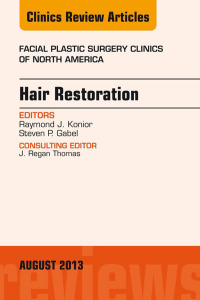

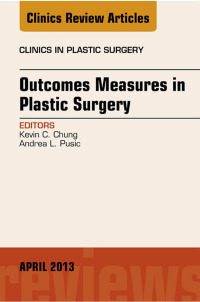
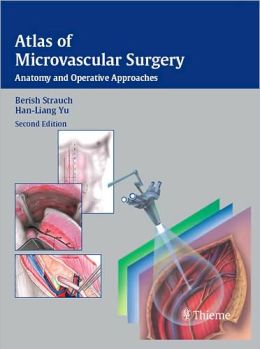


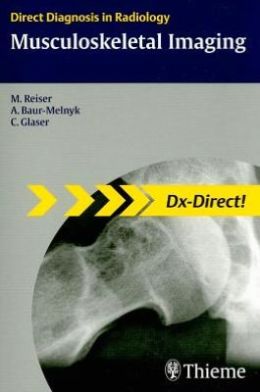
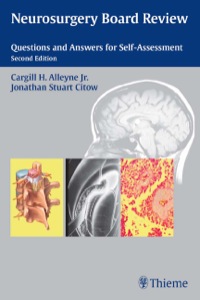

Reviews
Clear filtersThere are no reviews yet.